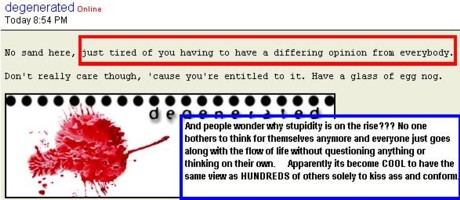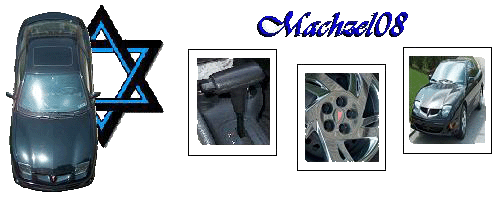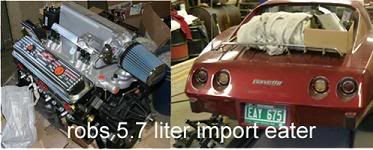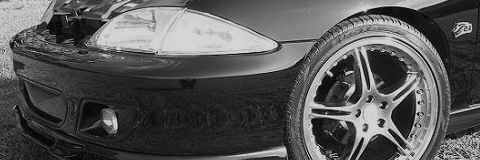Viper is more technically accurate. Although the rotating mass of a 11" rotor vs. a 9" rotor is measurable with lab equipment, we'll never see any difference. But as long as you're bringing it up, don't forget inertial mass of the vehicle is increased by the heavier rotors and calipers.
The misconceptions we speak of is "bigger pads means more brake power". While this may be true in rare circumstances (greater heat dissipation and retention working for and against brake fade) in general we can discount it as a factor.
People think that because it has more surface area it will grab harder. If this were true, sliding (along the ground) an empty refrigerator box would be as hard as when the fridge was still in the box. Any idiot will tell you the empty box is easier to slide. Because it has less weight in it. In science we call this static pressure.
The piston area will determine the pressure the caliper can exert on the pads. The pressure is F = P x A, where F is the force on the pads, P is the pressure from the brake master cylinder, and A is the area of the piston. Obviously, if A is doubled so is F. So bigger brakes have bigger pistons means bigger force.
That bigger force comes to the rotors as a higher "static pressure", and the box is very hard to move with a 300lb fridge in it.
And to clear up the whole fade issue. Think of it like this: You're carry a 5 gallon bucket full of water (it's heavy if you've never done this before). If you use 1 finger it will get "tired" very quickly, possibly damaging the finger from prolonged exposure. If you use all 5 fingers and thumb, they will get "tired" slower. Time to damage is also increased. Either way you go, your arm is still holding up the 5 gallon bucket.
It's the same idea with your brakes. Bigger pads will help them to function longer, and with less wear. But in the end, you're not stopping faster, unless the brakes fail. Just as your arm is not getting tired faster (on 1 or 5 fingers).
-----------------------------------------------------------------------
That last post was so poorly/quickly written, I've got to rewrite it:
The diameter of the rotor, and the area of the piston in the caliper are the two factors that will effect braking power. Pad size does not effect brake power.
They will not change stopping distance, unless they are the limiting factor in the brake system, this is a major misconception.
They will allow you to lock up the wheels easier, they allow you to brake harder:
If you can lock up the wheels at any speed, your limiting factor (in braking distance) is
determined by the wheels. You need to upgrade to higher performance wheels (AA ratings or the like) if you wan to stop faster.
If you have high performance wheels, with stock brakes, you may not be able to lock them up. Your braking distance is
limited by your brake size.
NOTE: Locking up your wheels is not good. But, the point just before you lock them up (99% brake lockup pressure) is where you stop the fastest.
NOTE: Is is harder to lockup your wheels the faster you are going. Same reason it is harder to break them loose (peel out) once you are moving.
So if you can lockup, then you know you can hit this 99% point. If you can't lockup, then you probably can't hit the 99% point.
If you have high performance wheels, and want better braking then you should get bigger brakes. If you have stock or cheap wheels, there is no point in putting bigger brakes on.
This whole post is based on the assumption that you want to upgrade your braking ability. If you're putting them on for good looks, you might as well disregard this whole post.





















